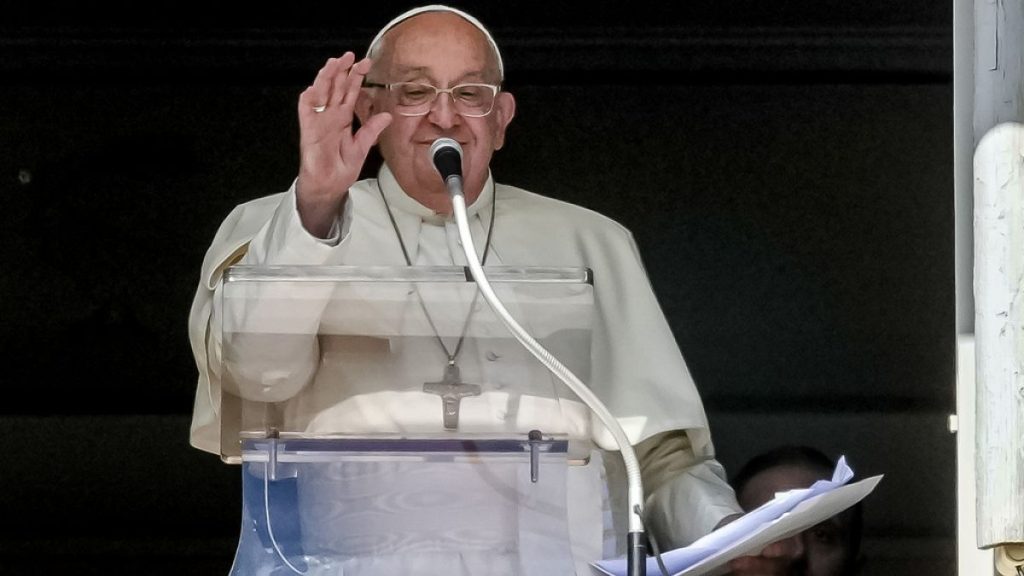The recent nominations by Pope Francis to the College of Cardinals have had both significant ecclesiastical and geopolitical implications. Francis appointed Bishop Mykola Bychok, the head of the Ukrainian Greek Catholic Church in Australia, as a cardinal in response to the ongoing conflict in Ukraine. Bychok, at 44 years old, is the youngest nominee and now provides Ukraine with its only cardinal. The decision to choose Bychok over the Kyiv-based head of the church, Sviatoslav Shevchuk, carries a subtle political message amidst Russia’s ongoing war with Ukraine. The nomination of Bychok is just one of many made by Francis, which have increased the size of the College of Cardinals and solidified his influence over the group that will one day select his successor.
The consistory to appoint the new cardinals is scheduled for December 8, an important feast day in the Catholic calendar that marks the beginning of the Christmas season in Rome. This will be Francis’ 10th consistory since becoming pope, and it will be the largest infusion of voting-age cardinals during his pontificate. One notable nominee is 99-year-old Monsignor Angelo Acerbi, a retired Vatican diplomat who was once held hostage for six weeks by leftist guerrillas in Colombia. Acerbi, however, is over 80 years old and will not be able to vote for a new pope. The addition of these new cardinals brings the total number of cardinal-electors to 142, surpassing the usual limit of 120 that the college typically maintains.
Francis’s nominations reflect the global nature of the Catholic Church, with a focus on traditionally underrepresented regions. Several major diocesan and archdiocesan heads from South America were appointed, including bishops from Argentina, Brazil, Chile, Ecuador, and Peru. These appointments contrast with the singular new cardinal from North America, the archbishop of Toronto. Furthermore, the pope selected cardinals from regions such as Iran and Indonesia to emphasize the universality of the church. In total, four Franciscan cardinals were appointed, representing the religious order’s presence in different parts of the world.
The continued expansion of the College of Cardinals under Francis’s leadership underscores his commitment to amplifying diverse voices within the church. By appointing leaders from the “edges” of the Catholic world, he ensures that a broad range of perspectives and experiences are represented at the highest levels of the institution. Prior to the recent nominations, Francis had already selected a significant number of the cardinals who will be eligible to vote in future conclaves. With 92 of the cardinal-electors chosen by Francis, compared to just 24 by Pope Benedict XVI and six by St. John Paul II, the pope has taken proactive steps to shape the future composition and direction of the College of Cardinals.
Overall, the recent appointments to the College of Cardinals by Pope Francis reflect his ongoing efforts to diversify and expand the representation within the highest levels of the Catholic Church. By selecting leaders from regions that have historically had limited presence in the College, Francis is working to create a more inclusive and global body that can address the challenges facing the church today. The nomination of Bishop Mykola Bychok as a cardinal in response to the conflict in Ukraine highlights the way in which ecclesiastical decisions can also carry political significance. As the consistory approaches, the addition of new cardinals will further shape the composition and direction of the College of Cardinals under Francis’s pontificate.













